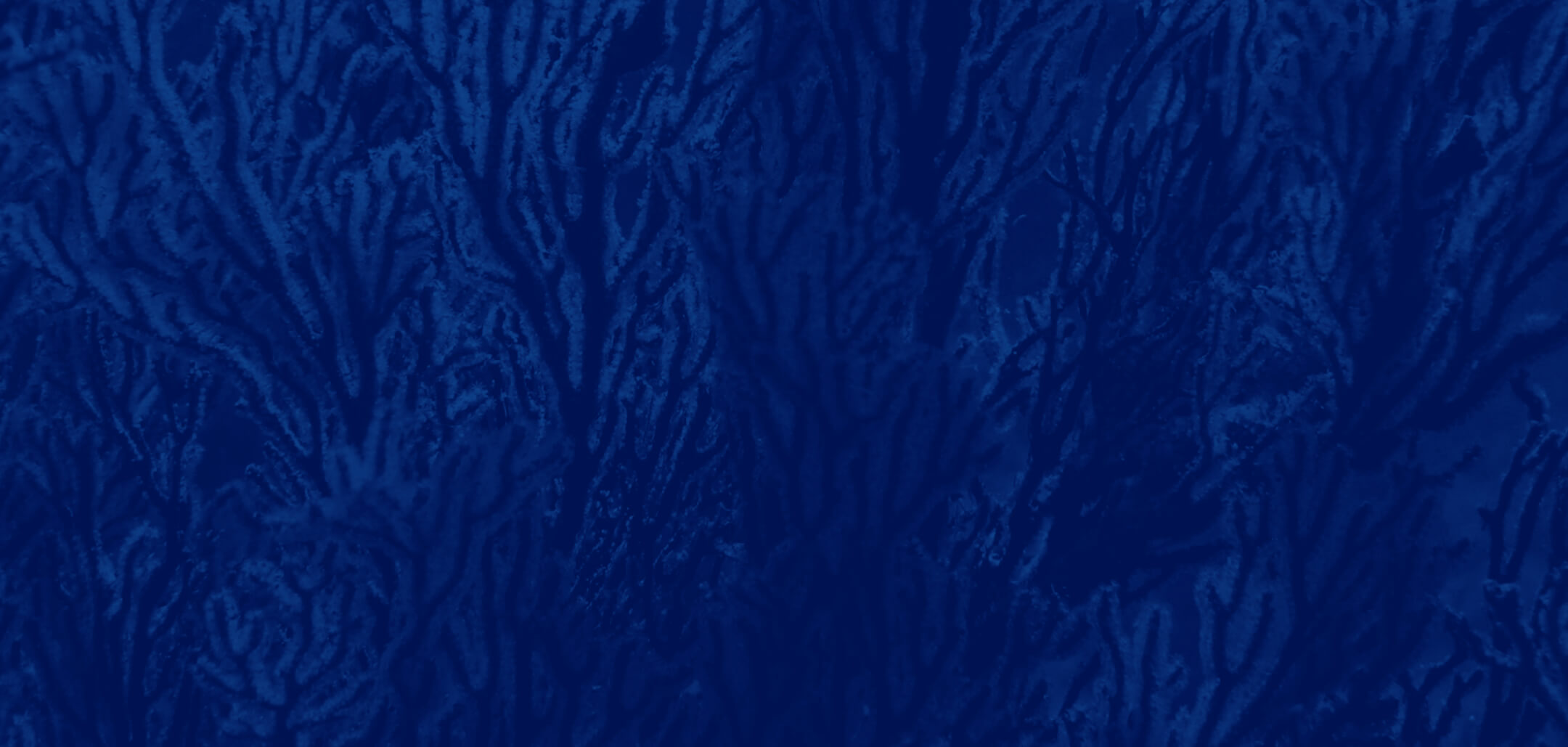Contact:
Biography:
Ron Hans joined Mote Marine Laboratory in 2014 as a research scientist in the Marine and Freshwater Aquaculture Research Program. He is currently the live feeds manager culturing phytoplankton and zooplankton for the rearing of a wide variety of marine fish. While working at Mote, Ron has been focused on improving larval and juvenile rearing for almaco jack (Seriola rivoliana), red drum (Sciaenops ocellatus), Florida pompano (Trachinotus carolinus), and common snook (Centropomus undecimalis). His primary research interests include the study of cannibalistic behavior and the advancement of hatchery technologies for high-value marine finfish. Additional areas of research are focused on optimizing finfish larval rearing protocols, concentrating on nutrition during early life history and live feeds production.
Education:
B.A. Interdisciplinary Social Science / Environmental Science & Policy, University of South Florida, FL
A.A. Biological Sciences, Santa Fe College, Gainesville, FL
A.S. Zoo Animal Technology, Santa Fe College, Gainesville, FL


